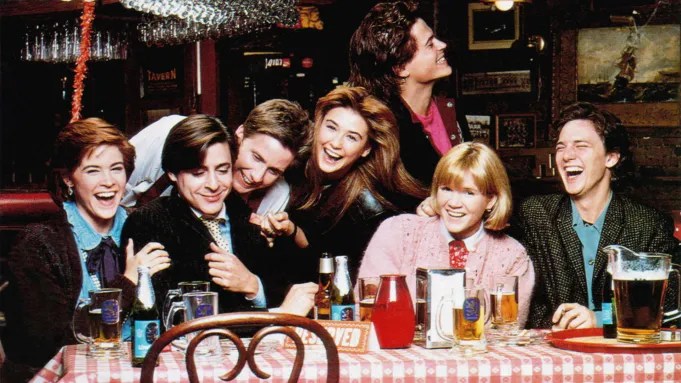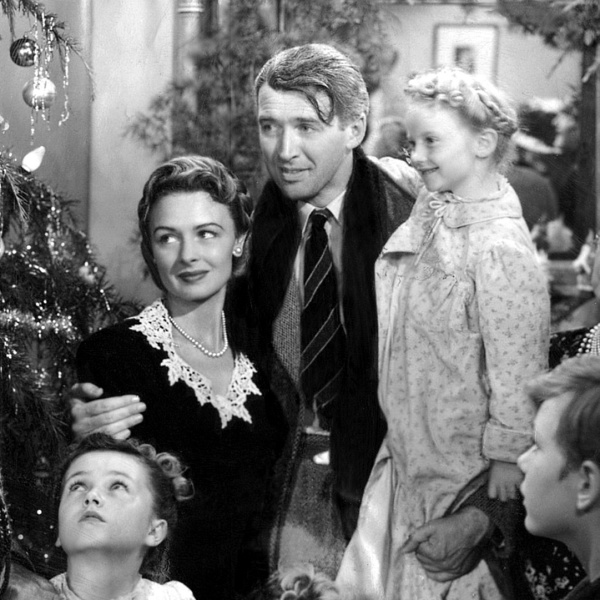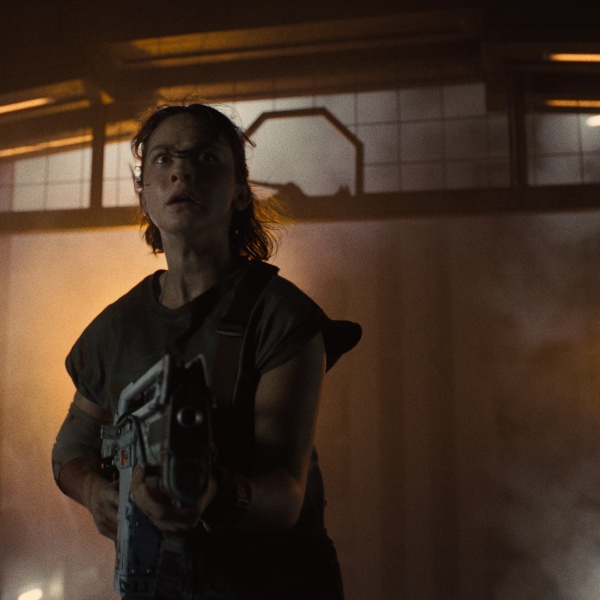Demi Moore is looking back with a harsh lens on some of her early films.
The “Substance” star admitted to Variety that appearing in Andrew McCarthy’s “Brats” documentary forced her to revisit her 1980s features, including most famously 1985’s “St. Elmo’s Fire” in which she co-starred with McCarthy.
“Once in a while, when the family is together, the kids will put something on, and I’ll watch a couple of seconds,” Moore said of watching her past work. “But then when I do something like Andrew McCarthy’s Brat Pack documentary that just came out, I see little pieces of my work back then, and I go, ‘Oh, hang on, I was so awful.’ Thank God I got the chance to work more.”
While “St. Elmo’s Fire” is set for a rumored sequel, as Moore and McCarthy’s co-star Rob Lowe told Entertainment Tonight, Moore is more interested in the media legacy of being grouped into the “Brat Pack” label. The film also starred Emilio Estevez, Judd Nelson, Ally Sheedy, Andie MacDowell, and Mare Winningham; the cultural phenomenon of the Brat Pack itself included Molly Ringwald and other young stars of the era.
“Things find their time,” Moore said. “There’s a whole generation that has no clue what ‘St. Elmo’s Fire’ is, but Andrew had a genuine desire to explore the effect it had on those of us who were in it. I know he’s taken a few hits here and there.”
She continued, “People really have to put themselves in the place of 22-year-old actors — there was a lot of pressure around us for perfection and no room for failure. There was also no language for mental health back then. There’s an enormity to being in the early stages of a career and fearing being seen as unserious. None of us liked being called a brat. We all grew up with the idea of ‘brat’ being a bad thing.”
And that label extended to Moore’s career itself: The actress said that while filming 1995’s “The Scarlet Letter” exactly a decade after “St. Elmo’s Fire,” she was described by a producer as being a “popcorn actress.” That insult stayed with Moore for years.
“Well, Roland Joffé — an Englishman — decided to change a classic piece of American literature and give it a happy ending,” Moore said of the critically panned feature based on Nathaniel Hawthorne’s novel. “We had a producer on that film who didn’t think it would be successful if it had a tragic ending, which I had no control over. That same producer also referred to me as a ‘popcorn actress’ — meaning I’m not a critically acclaimed kind of actress. It’s interesting, because that has stayed with me, holding that perception against myself. But there are a lot of my films that I don’t feel got any kind of consideration in that regard.”
Moore listed her past films like “G.I. Jane” and “Striptease” as being overlooked due to her label in the zeitgeist.
“If I really look at ‘G.I. Jane,’ there was a faction of people out to shut that movie down before it even opened. I did ‘Striptease’ and ‘G.I. Jane’ back to back. If anything in this industry has ever been stacked against me, it was having those two films come out at the same time and becoming the highest-paid actress on top of that,” Moore said.
She continued, “That moment was so powerful for me because it wasn’t just about me; it was about changing the playing field for all women. But because I was portraying a stripper, I betrayed women. And because I played a soldier, I betrayed men. The narrative quickly became ‘Well, she’s only getting paid that number because she’s playing a stripper.’ It hit me really hard. But at the same time, I understood that anybody who steps out first is going to take the hit. That goes for anybody challenging the status quo.”




